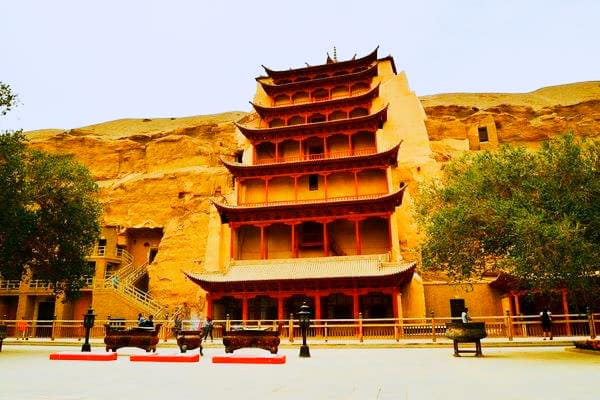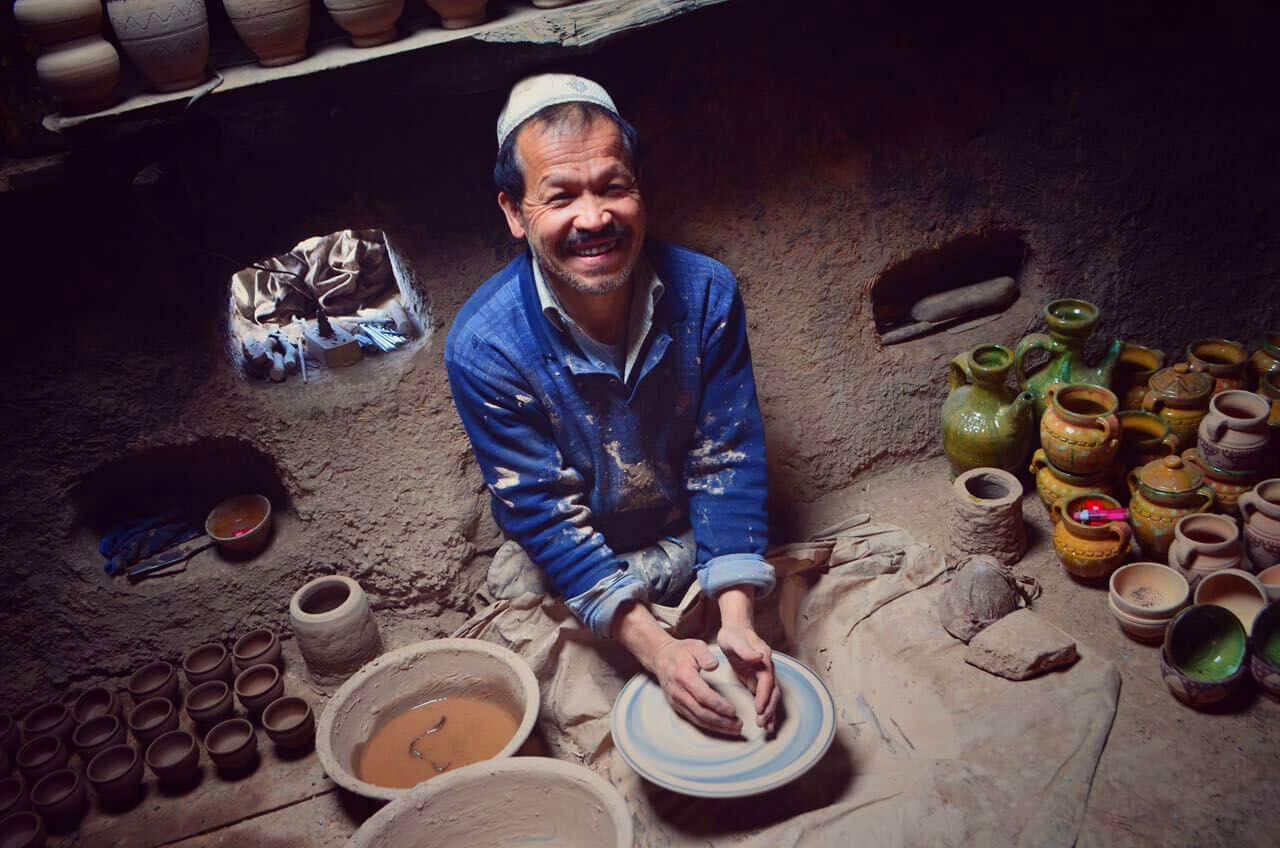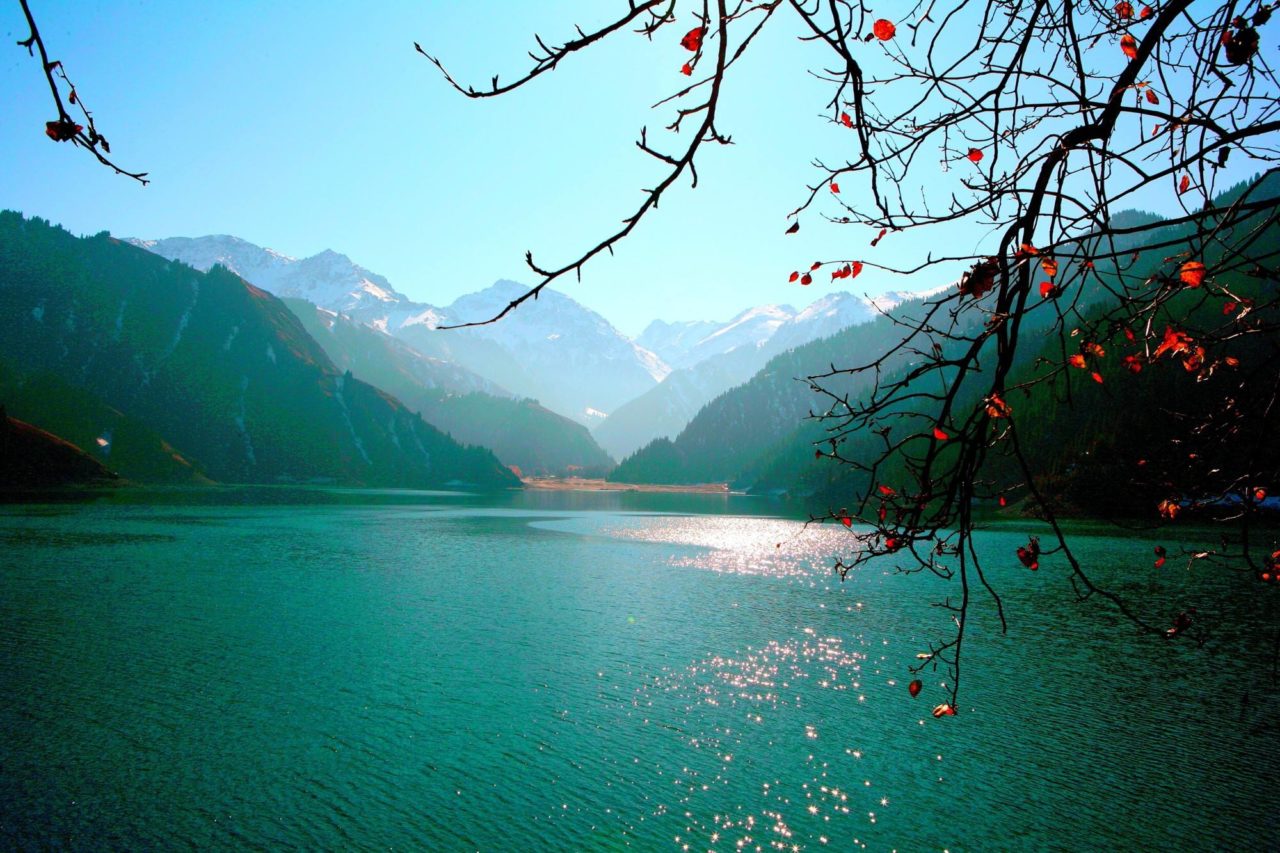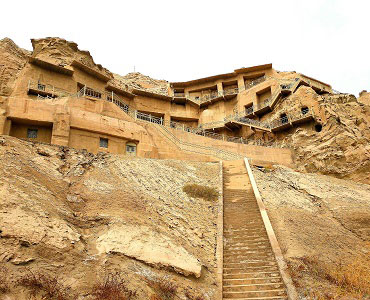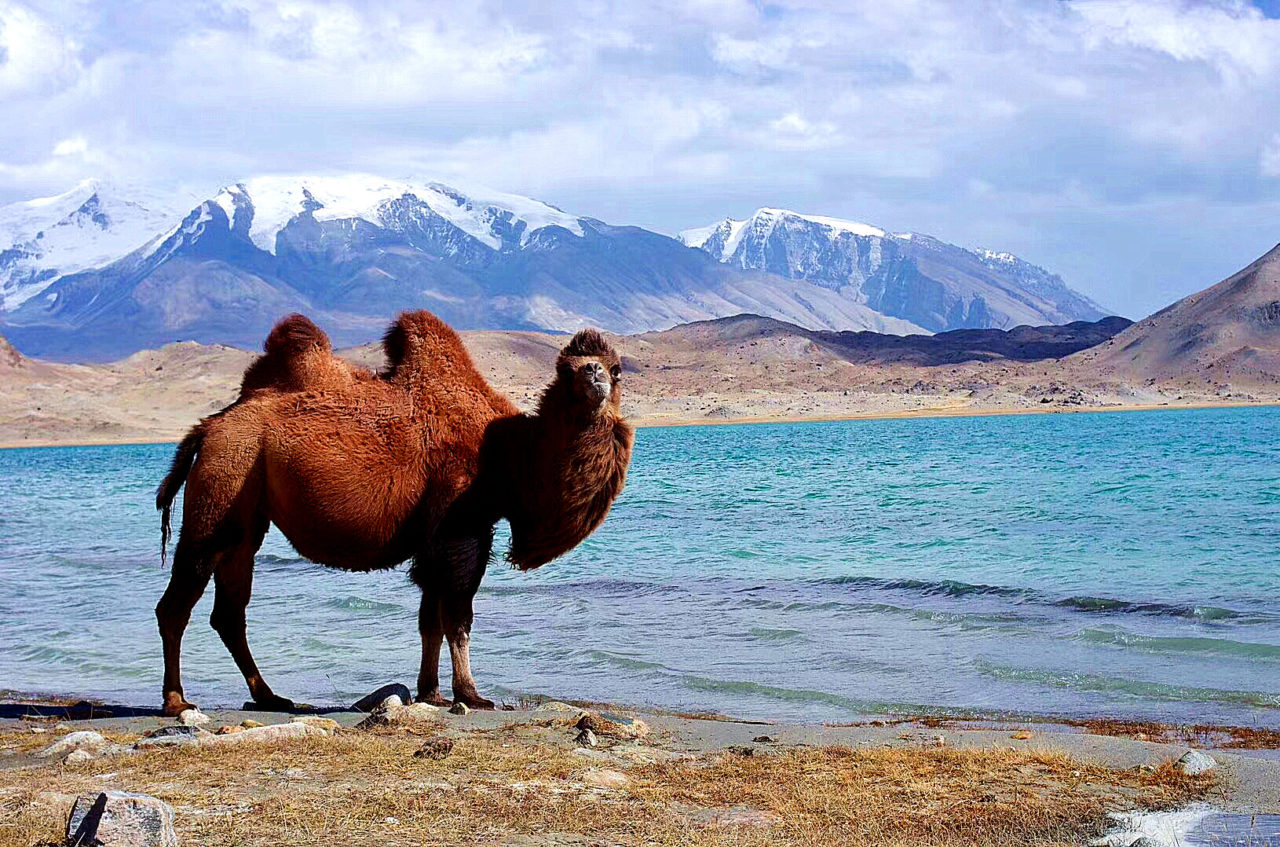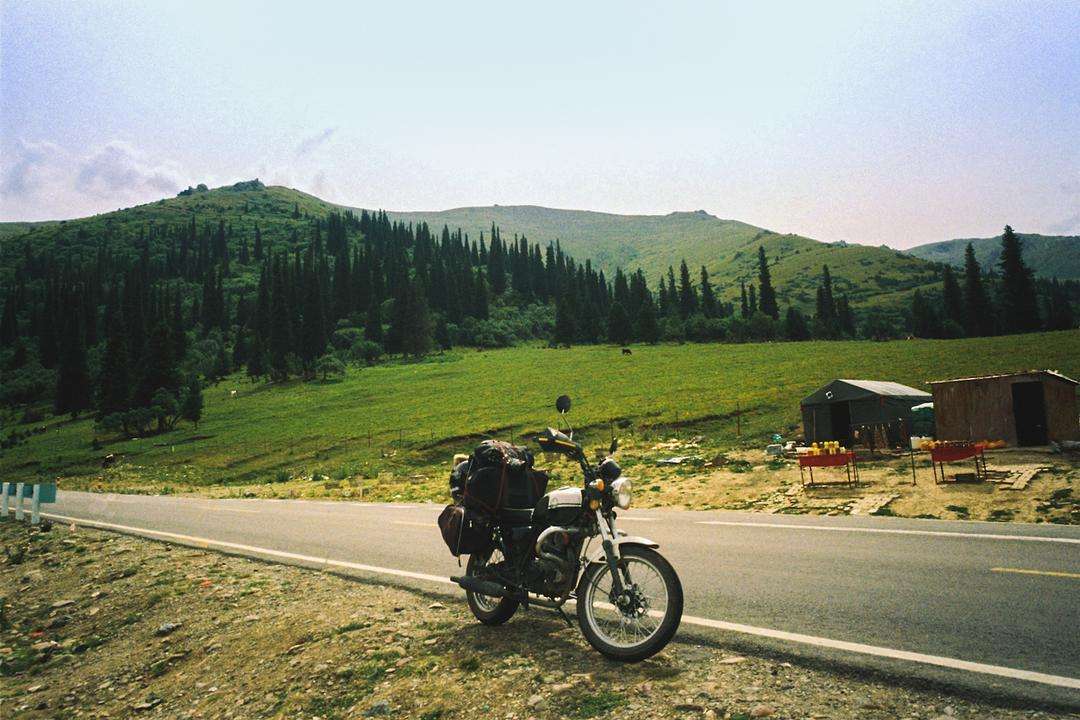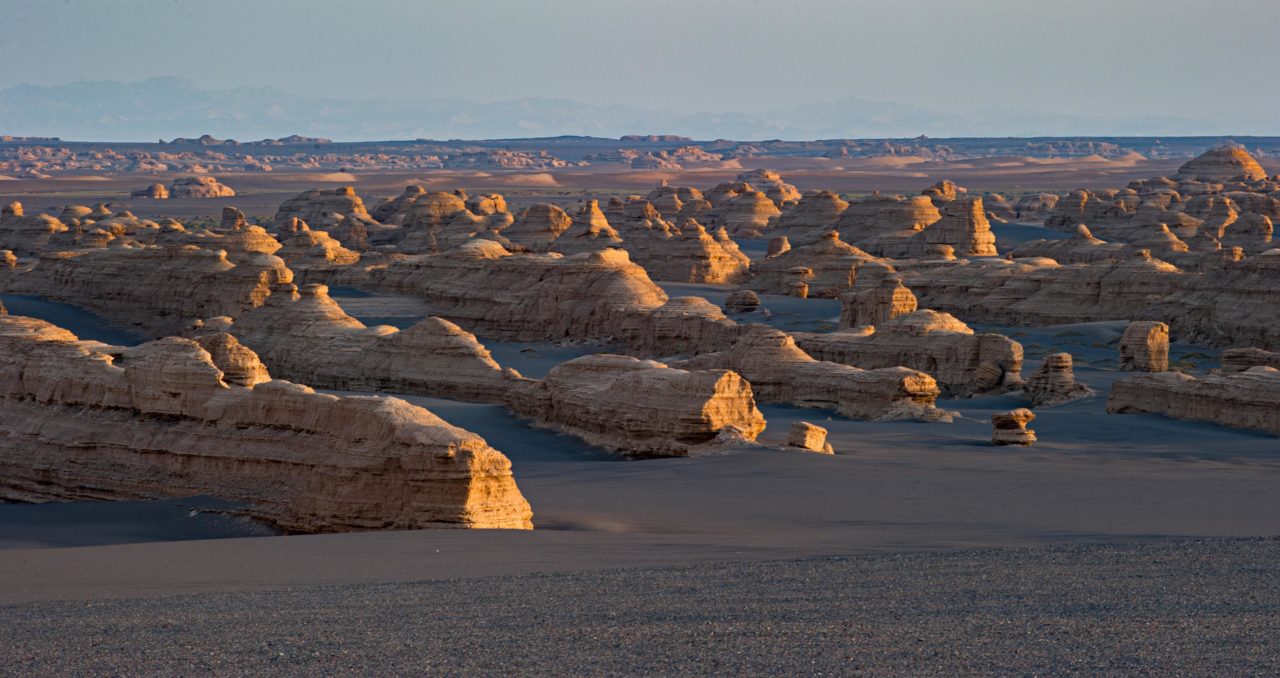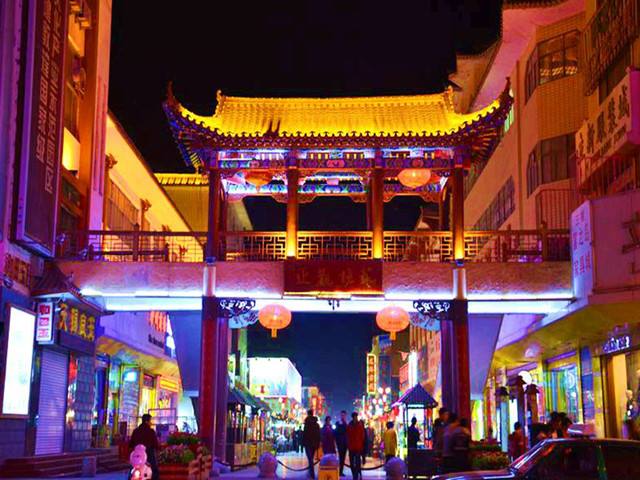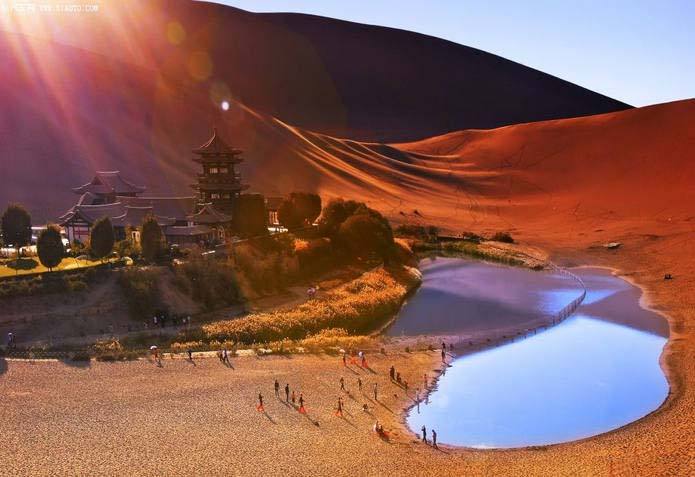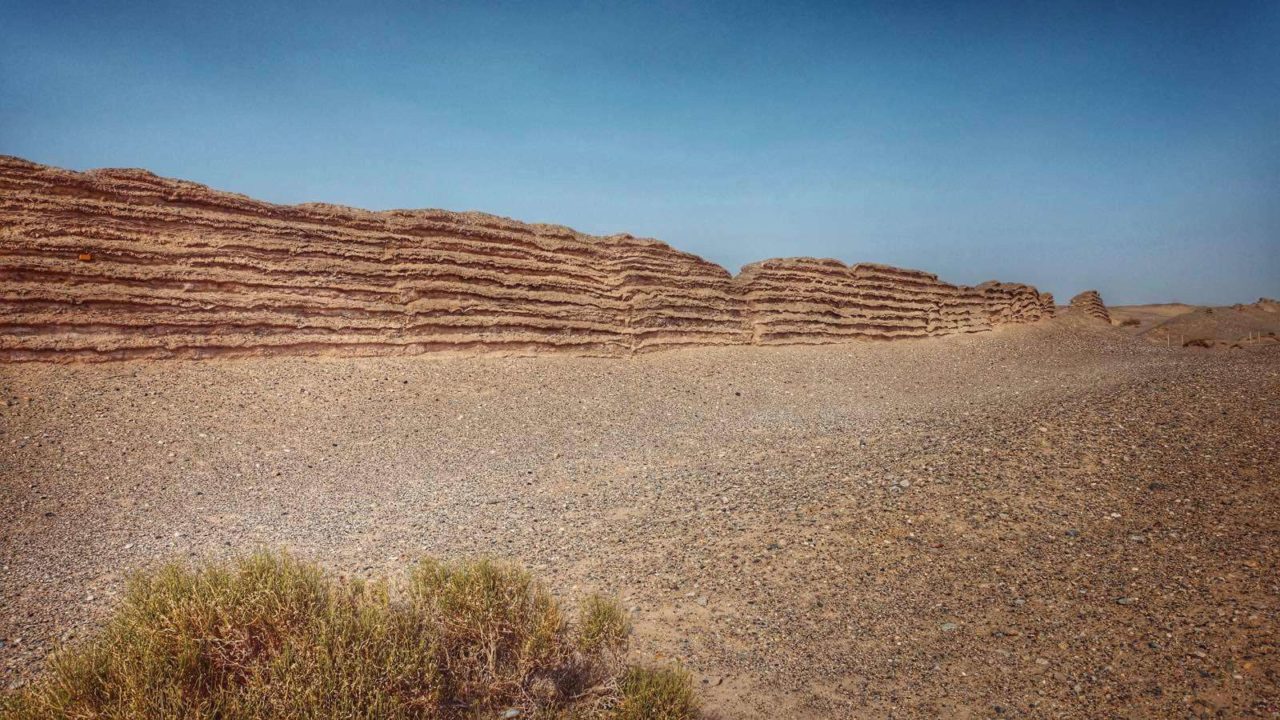Dunhuang
Dunhuang, managed by Jiuquan City, Gansu Province, is located at the westernmost end of Hexi Corridor, the intersection of Gansu, Qinghai and Xinjiang, the northwest of Gansu Province. It is connected with Guazhou County, Subei Mongolian Autonomous County and Aksai Kazak Autonomous County in the East and West.Dunhuang city is high in the north and south, low in the middle, and inclines from southwest to northeast. There are three dangerous mountains in the East, Mingsha mountain in the south, desert in the west, connected with Taklimakan, Gobi in the north, connected with the rest of Tianshan Mountain.Dunhuang is the node city of the Silk Road, famous for “Dunhuang Grottoes” and “Dunhuang frescoes”. It is the location of the world heritage Mogao Grottoes and Yumen pass and Yangguan pass, the border of the great wall of Han Dynasty. In 2012, it was selected as one of the “top 200 charming cities with Chinese characteristics in 2012” and is a national historical and cultural city. As of 2017, there are 265 cultural relics and scenic spots in Dunhuang, 3 World Cultural Heritage sites and 4 national key cultural relics protection sites; by the end of 2018, the total permanent population of Dunhuang reached 191100.Dunhuang, Pingyao, Fenghuang ancient city, Jiuzhaigou and Wuzhen, Lijiang ancient city, Shuimo Wuyuan and baihaba village in Buerjin, Xinjiang are jointly rated as the eight most beautiful towns in China for honeymoon. Dunhuang specialties are most famous for their sweet fruits, Dunhuang Apocynum tea and luminous cups.



